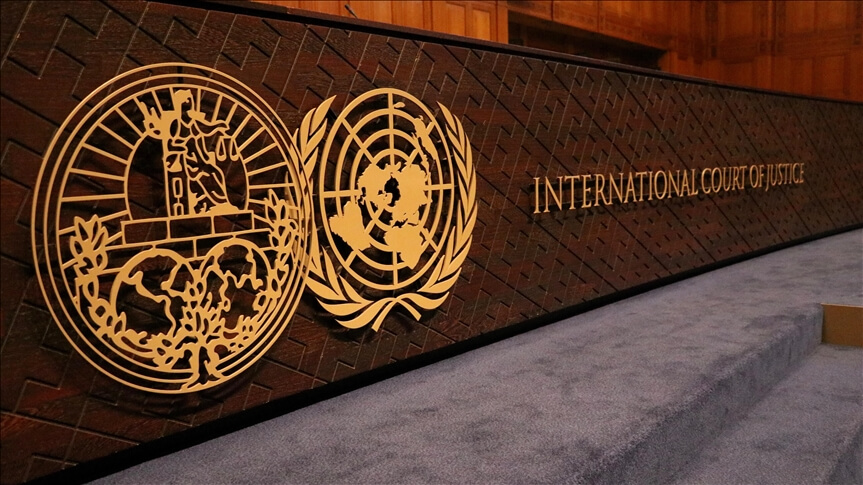The International Court of Justice (ICJ) on Tuesday ordered both Armenia and Azerbaijan to take steps to prevent racial incitement against one another. The court also called on them to ease tensions over the disputed Nagorno-Karabakh region.
The ICJ was hearing a case filed by Armenia in September, wherein it accused its neighbour of violating the United Nations International Convention on the Elimination of All Forms of Racial Discrimination. The court is yet to deliver its verdict in a similar tit-for-tat case filed by Baku against Yerevan.
The court ruled that Azerbaijan should take “all necessary measures to prevent the incitement and promotion of racial hatred and discrimination” against Armenian nationals living in the country. It also noted that Azerbaijani officials should “prevent and punish acts of vandalism and desecration” against Armenian cultural heritage.
Moreover, the Hague-based court called on Azerbaijan to “protect” Armenian prisoners of war (POW) it captured during last year’s 44-day war. “Both Parties shall refrain from any action which might aggravate or extend the dispute before the Court or make it more difficult to resolve,” a statement released by court added.
However, the ICJ made no remarks regarding the return of Armenian POWs and Yerevan’s call for closing a military trophy park that was constructed in Baku following Azerbaijan’s decisive victory in the 2020 war. Armenia has accused Azerbaijan of promoting racism and ethnic hatred through the park.
READ HERE: summary the #ICJ Order on the request for the indication of provisional measures submitted by Azerbaijan in the case #Azerbaijan v. #Armenia https://t.co/iEiBiCBFfw pic.twitter.com/OyxANw8kRS
— CIJ_ICJ (@CIJ_ICJ) December 7, 2021
A statement by the Azerbaijani foreign ministry said that the measures requested by Armenia regarding the release of POWs and the closure of the park “have been rightfully rejected by the court.” The ministry stressed that Azerbaijan “will comply with the measures indicated by the Court related to preventing racial discrimination” and called on Armenia to ensure that the human rights of Azerbaijanis living in the country are protected.
“Azerbaijan will continue to uphold the rights of all people under international law, and to hold Armenia to account for its ongoing and historic grave violations of human rights,” the statement added.
Armenia is yet to comment on the ICJ’s verdict.
Armenia and Azerbaijan have been engaged in constant conflict over the breakaway region of Nagorno-Karabakh since the fall of the Soviet Union. In September 2020, they fought a devastating war that led to the worst clashes in decades, killing thousands and displacing more than 100,000 people.
The fighting ended in November last year after Armenia and Azerbaijan signed a Russian-brokered ceasefire deal, which stated that Azerbaijan would remain in control of areas it recaptured from Armenia and that Russian troops would be deployed in the region to ensure that calm prevails.
However, the agreement has not held and the region has witnessed occasional bouts of violence between the two rivals. Tensions escalated in May when six Armenian soldiers were captured by Azerbaijani forces who had illegally crossed into Armenian territory. The incident led to a series of tit-for-tat attacks. After a short period of calm between September and October, fighting once again erupted last month along the border, killing eight soldiers and wounding over 20 from both sides, in what was the biggest military flare-up in the region since last year’s war.

